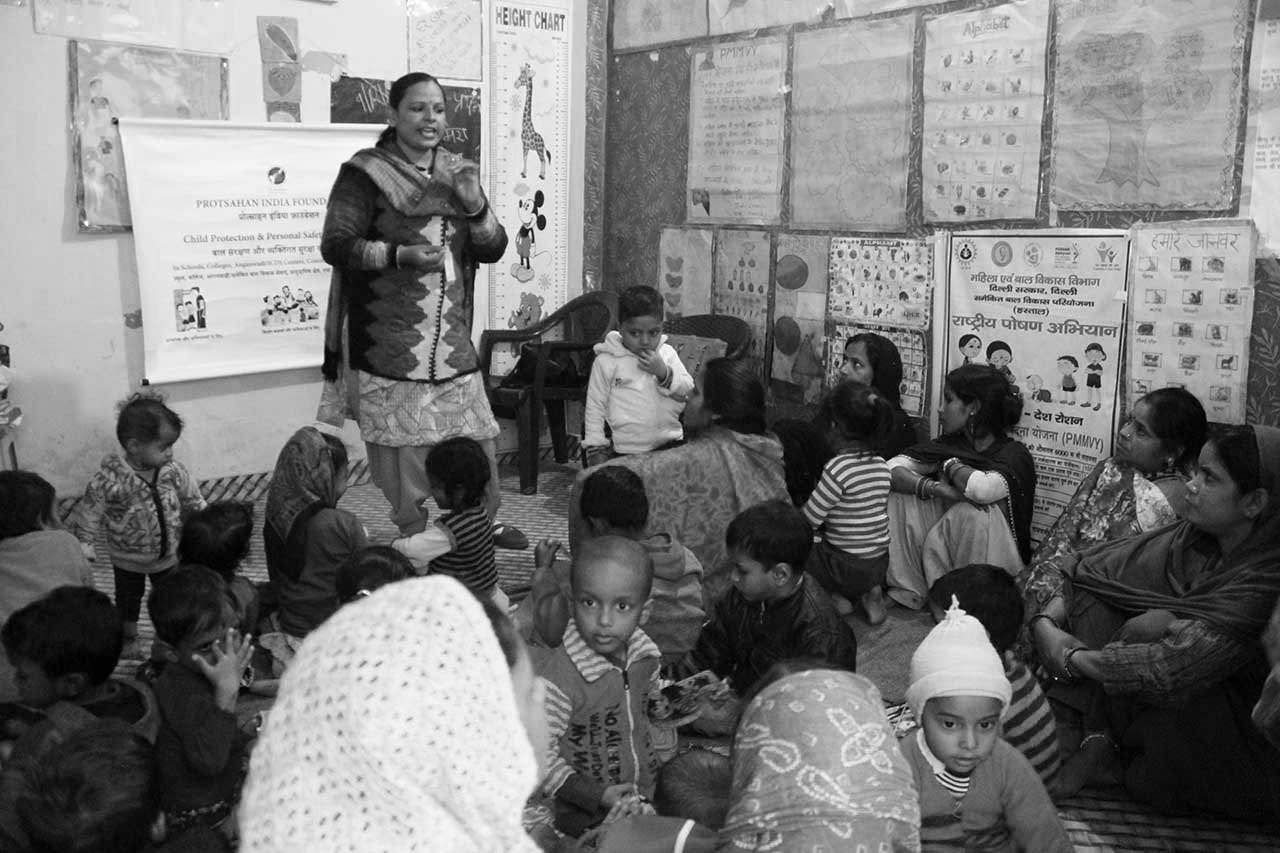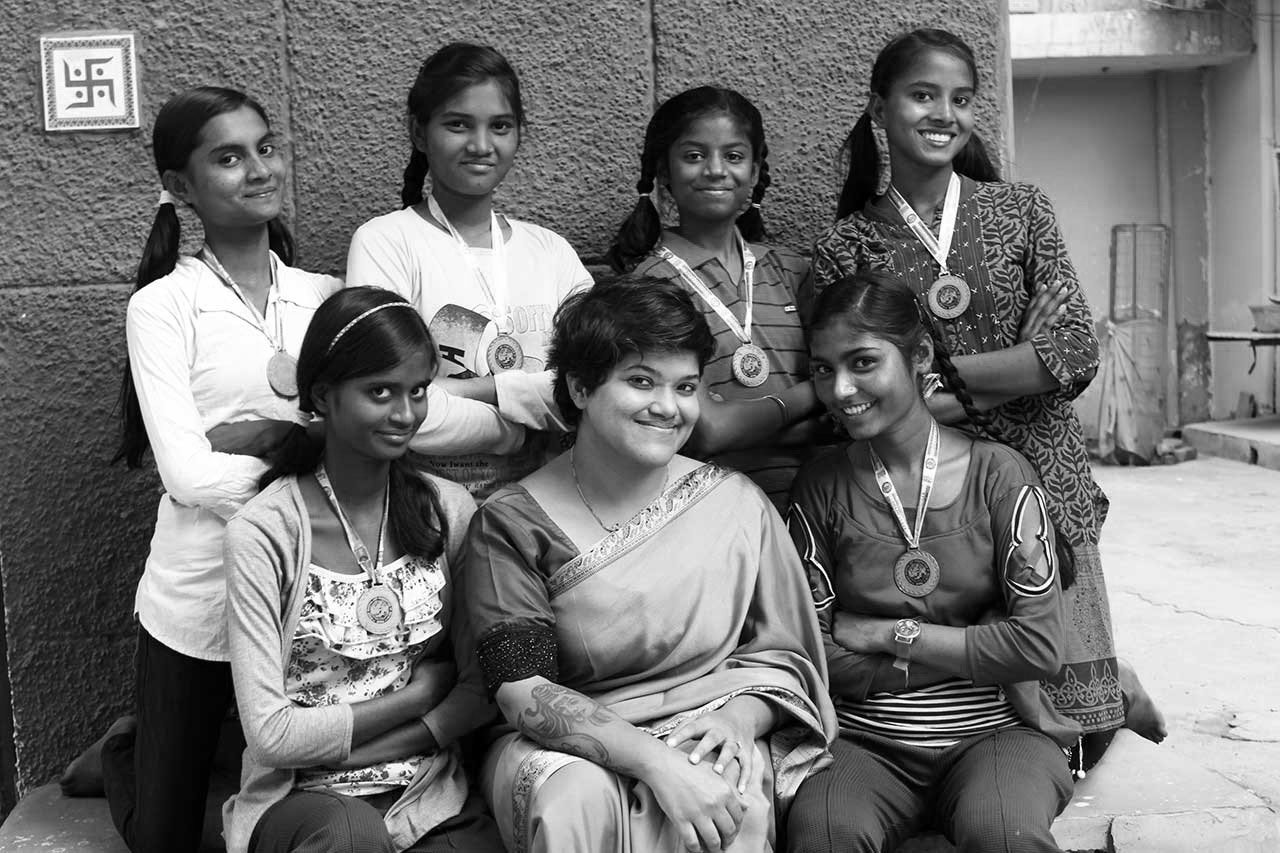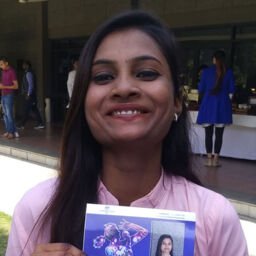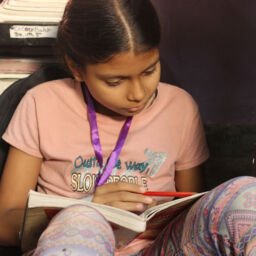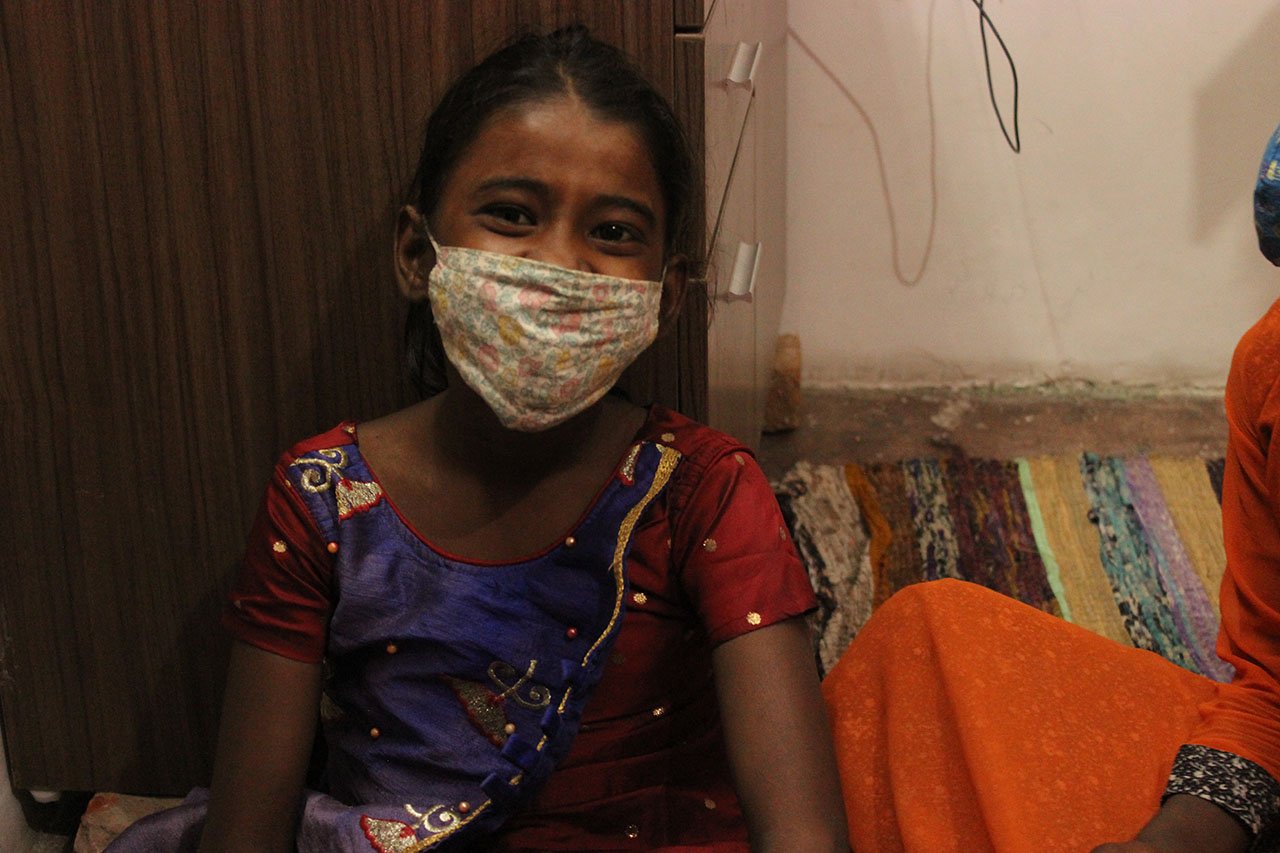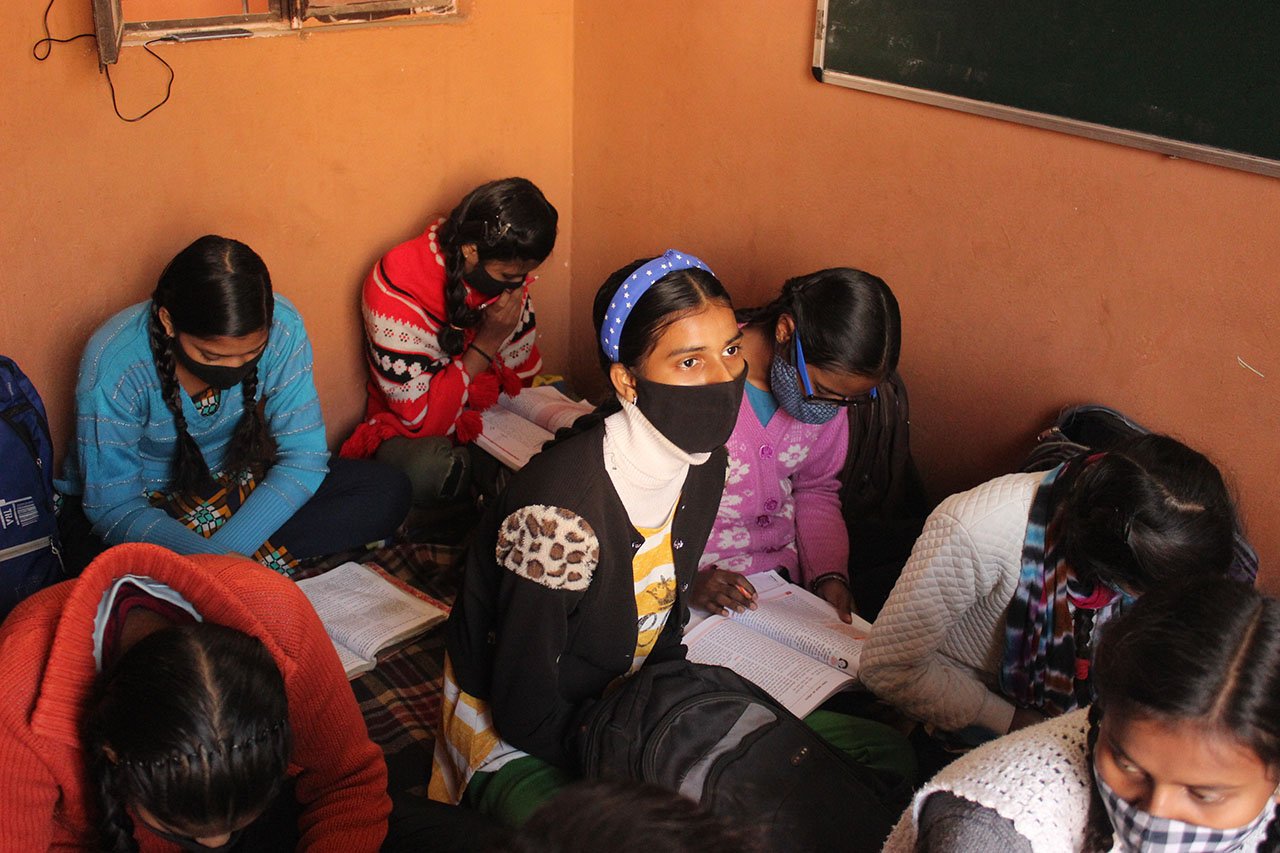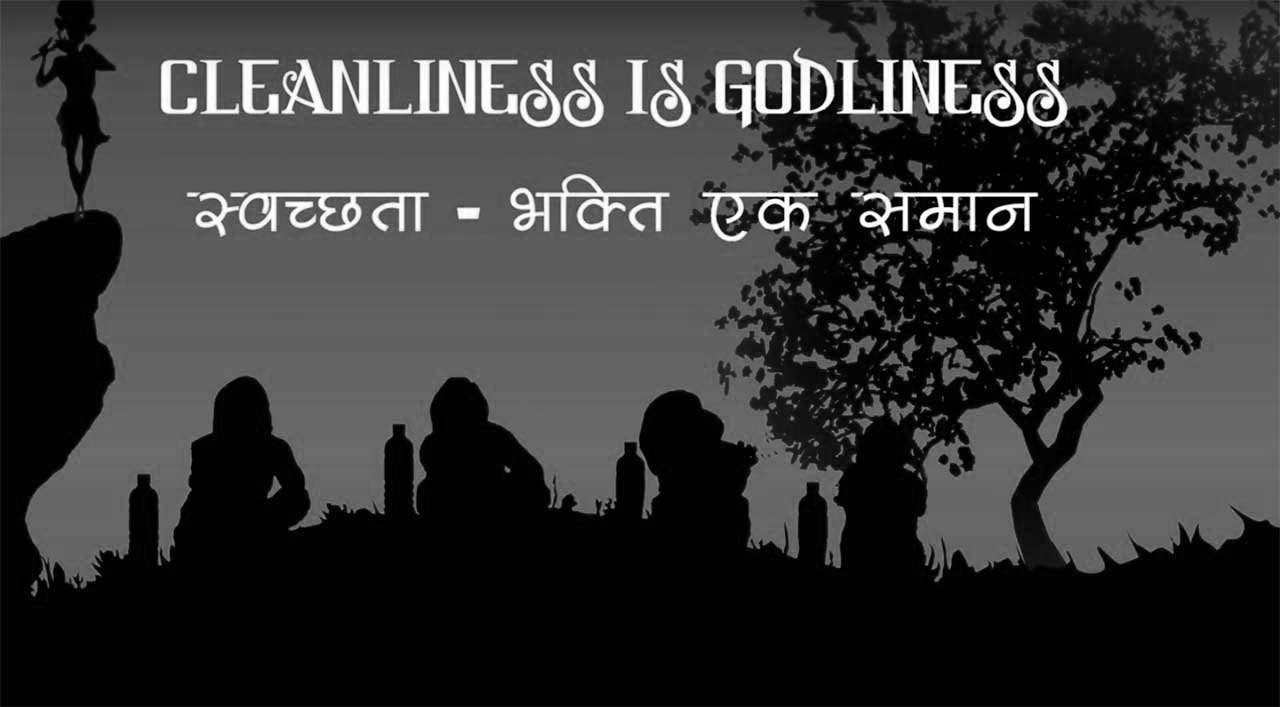Protsahan Girl Champions from the community share their experiences and lend their voice for a research article on “Improving menstrual hygiene among adolescent girls in India” in The Lancet, talking about access to menstrual hygiene for girls in the slums. The article delves deep into the taboos and myths surrounding menstruation, and how girls have started outgrowing these as access to education and awareness increases in their communities.
“Girls living in the slum are more aware about menstrual hygiene than they were 4 or 5 years ago. But there are many families with no or little education; cultural taboos remain”, says 18-year-old Sonam Sahu, a peer educator with Protsahan India Foundation. Sanitary pads may be available but not everyone knows how to use them correctly and dispose of them safely, and not everyone is vigilant about hand-washing. Those who don’t have enough money for two meals a day can’t afford to buy pads. They use cloth.
But shame surrounding menstruation deters girls from hanging up their washed cloth pads in the sun. “They don’t always wash it properly or dry it in the sun, leading to infections”, Sahu told The Lancet Child & Adolescent Health. Protsahan formed an adolescent girls’ network in the slum. “We have meetings with girls. We explain to them why they need to wash the pads properly, use disinfectants and put them out in the sunlight. Sometimes, there is resistance from the family. We talk to the mothers and sensitise them”, Sahu added.


